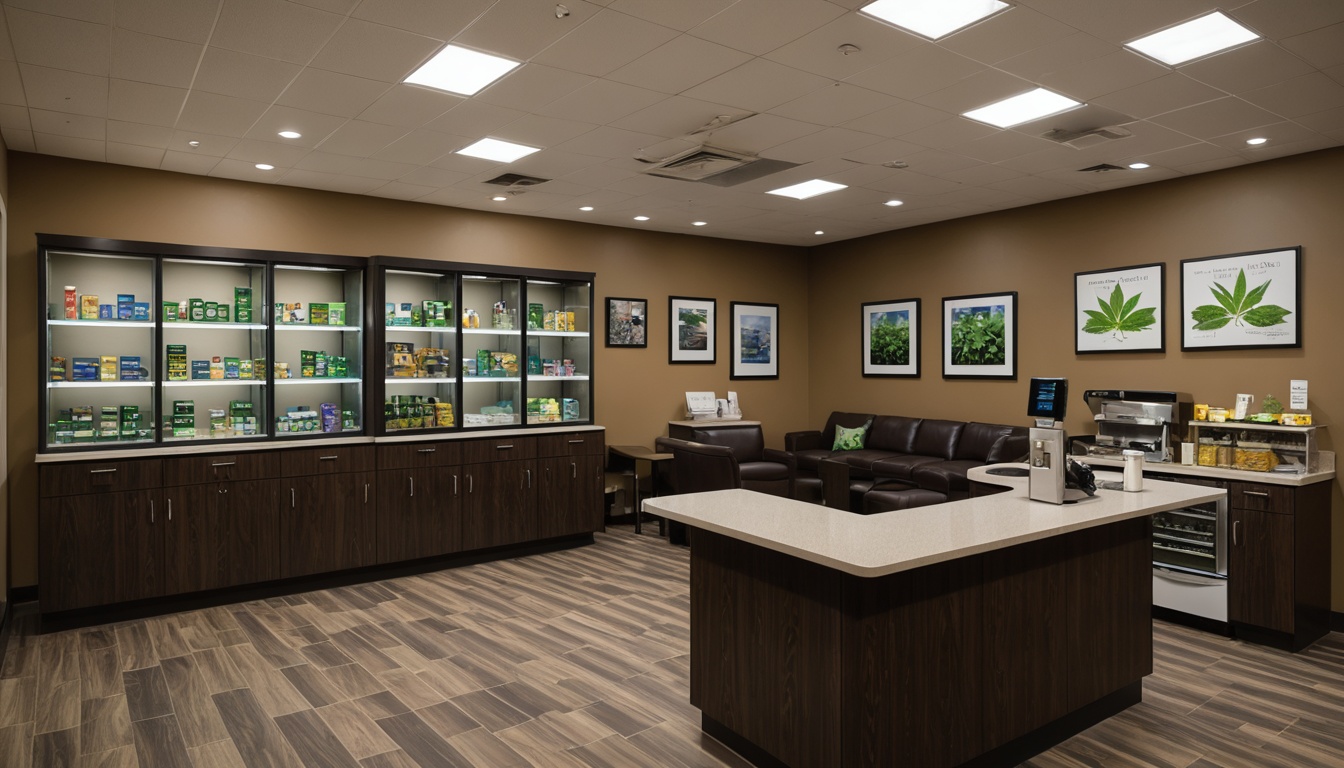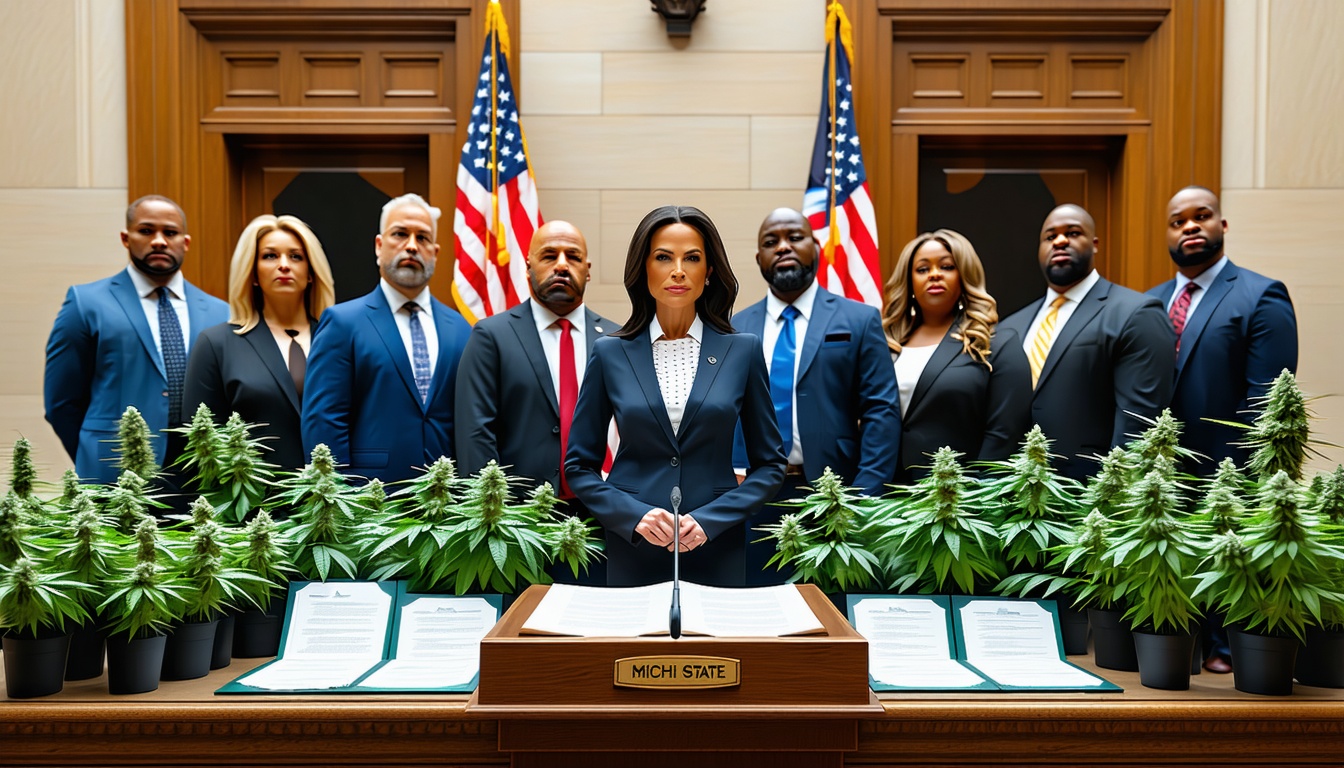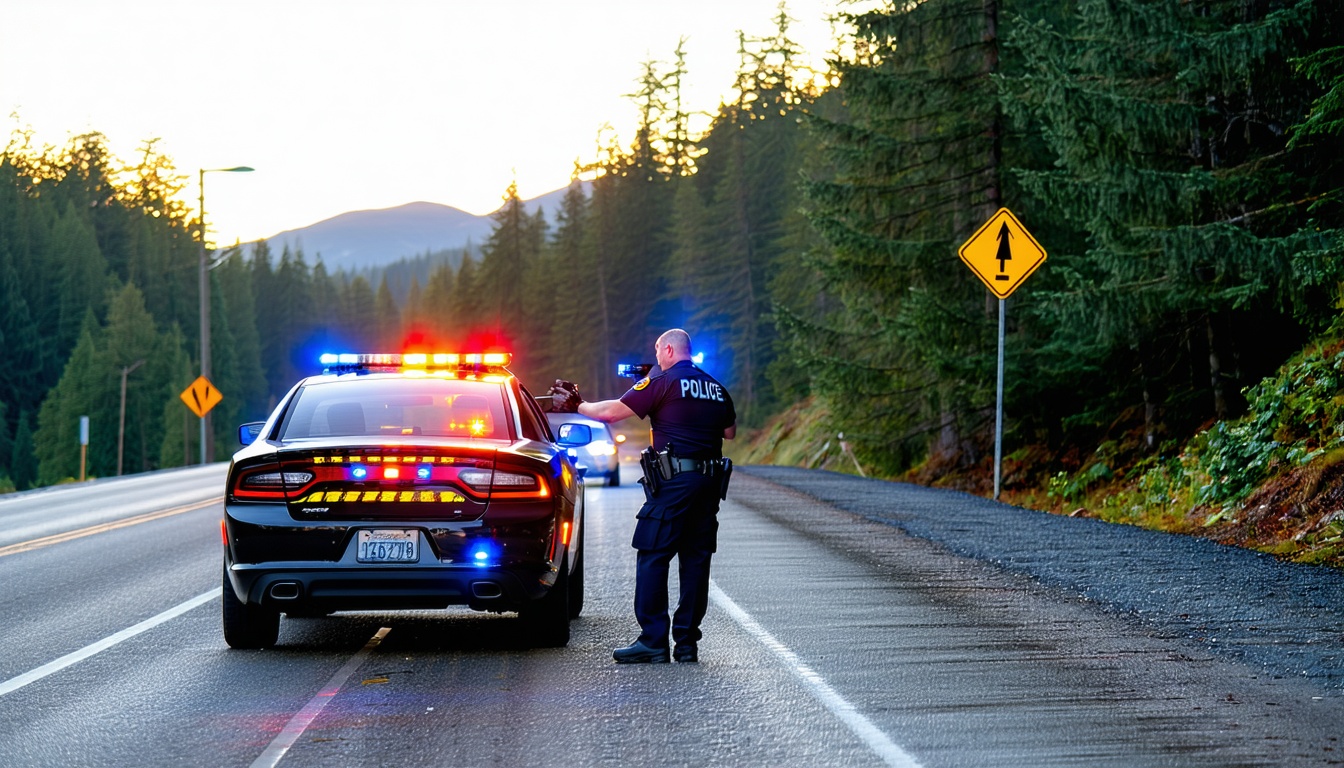North Dakota’s Medical Marijuana Program Expands Options and Access
The North Dakota medical marijuana program is set to undergo significant changes, effective August 1, aimed at expanding product options and access for patients. The updates come after the state legislature passed several bills during the 2025 session.
One of the key changes is the introduction of low-dose THC edibles, which will be available at medical dispensaries. The products must be in the form of hard or soft lozenges, with no more than 5 milligrams of THC per serving and 50 milligrams in a package. This move is expected to be a game-changer for patients, particularly the elderly, who have been seeking edible products.
Jake Mittelsteadt, director of retail operations for Pure Dakota Health, a medical marijuana dispensary, believes the addition of edibles will revolutionize the program. “Having something simple, straightforward, accurate, and safe that we can provide to patients as a non-inhalation method of administration is going to, in my opinion, completely revolutionize the program here in North Dakota,” he said.
Another significant change is the expansion of tele-health care providers to initial meetings for qualifying patients. This will allow more patients to access the program, as they will no longer be required to visit a healthcare provider in person. Mittelsteadt believes this change will remove a major hurdle for patients and increase participation in the program.
The state’s medical marijuana program has seen steady growth since its inception in 2017. In 2024, more than 10,000 patient cards were issued, with sales totaling $22.4 million. However, the program’s growth has recently stabilized, and lawmakers are concerned about the impact of neighboring states’ recreational cannabis markets.
Rep. Steve Vetter, the chief sponsor of the edible bill, acknowledged the competition from neighboring states and emphasized the need for the program to remain competitive. “We need to keep our program stable and make sure it’s competitive with what’s happening in Montana and Minnesota,” he said.
The changes to the program also include setting the maximum container size for THC concentrate at 1 gram and allowing patients who are unable to receive North Dakota identification cards due to a medical condition to submit alternative documentation.
Overall, the updates to North Dakota’s medical marijuana program aim to improve patient access and options, while also addressing concerns about competition from neighboring states. As the program continues to evolve, it remains to be seen how these changes will impact the state’s medical cannabis industry.












